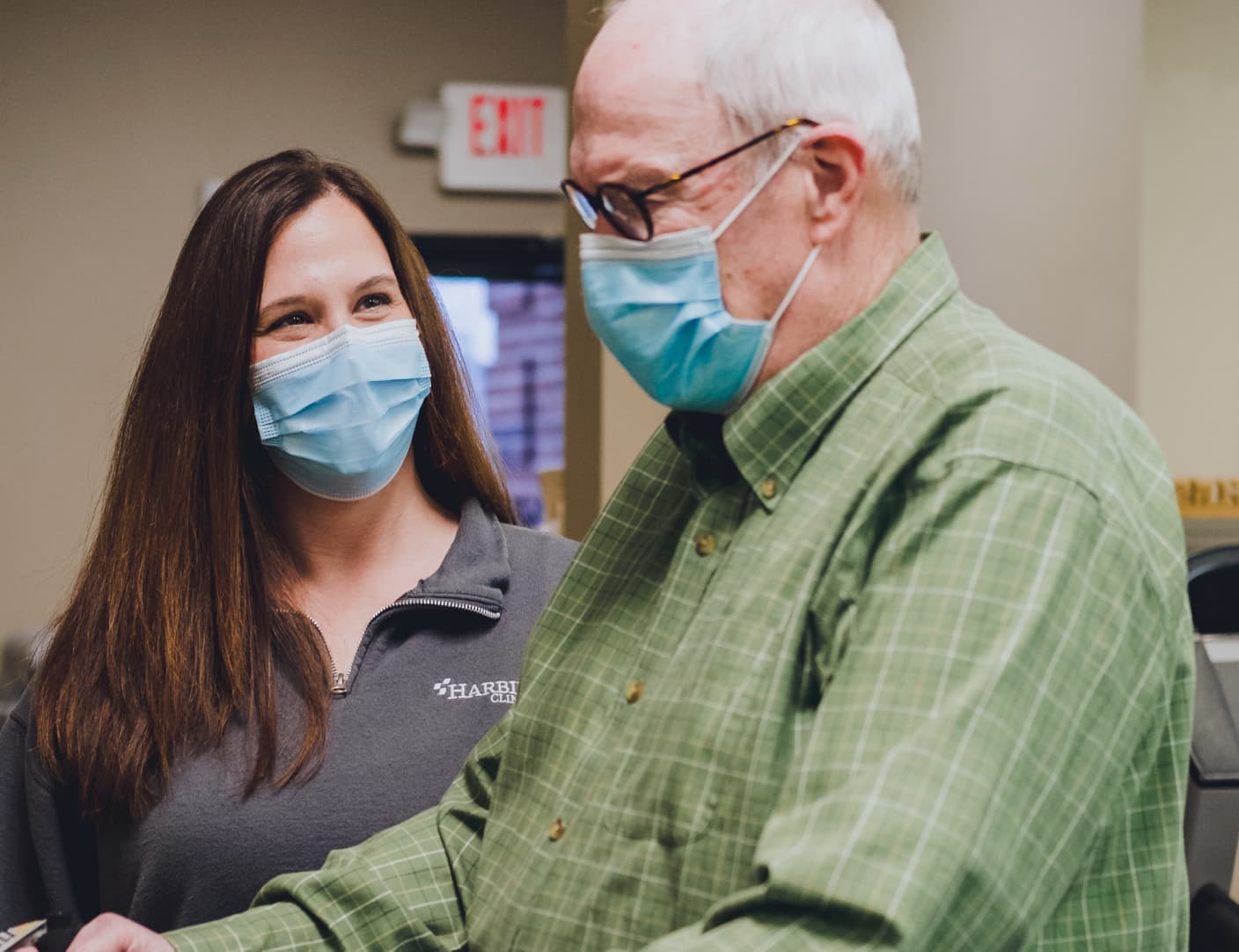A primary care physician, more commonly known as a PCP or family doctor, is a physician who is specifically trained in treating the entire person; physically, mentally, and emotionally. Primary care physicians not only diagnose and treat acute and chronic illnesses, like the flu and high blood pressure, but they also provide routine health screenings and counseling on lifestyle changes in an effort to prevent diseases from developing in the first place.
Just like doctors who specialize in a specific part of the body or disease, primary care physicians train for three years, treating patients in real-life settings. The education of primary care physicians includes not only several major areas of medicine but also all patient populations, including infants and the elderly. Under the scope of the primary care network are family practice doctors, internal medicine specialists (also called internists), and pediatricians.
Establishing a primary care physician provides you the opportunity to partner and collaborate with your physician over your health, places you on the frontlines of preventing and diagnosing diseases, and allows you access to the complete picture of your overall health. One of the greatest advantages of having a primary care physician is the bond you’ll create over time. Research shows that people who have an ongoing relationship with a primary care physician have better overall health outcomes, lower death rates, and lower total costs of health care.
